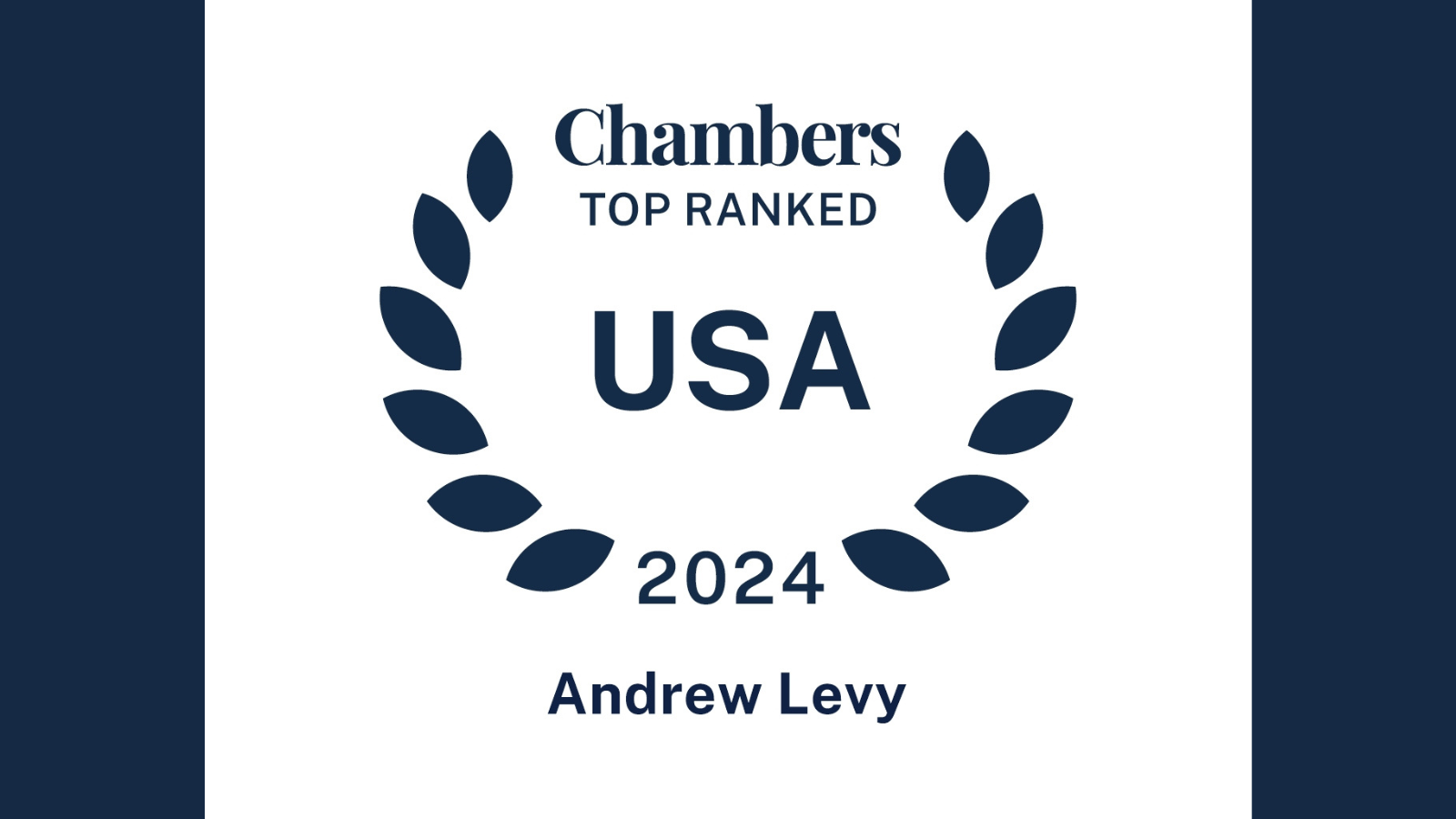UK’s short-lived dream for a code of apply on genAI and copyright legislation – Cyber Tech
The UK’s try to cope with generative AI, coaching information and copyright legislation has taken yet one more flip. On 6 February 2024, in its response to the AI White Paper session, the UK authorities introduced that it’ll drop its plans for a code of apply on copyright and AI – a piece it has been finishing up for lower than a yr since its announcement in Might 2023.
Background
The UK’s policy-making efforts within the subject of AI and copyright date again to its 2021-2022 public session, with which it hoped to gather sufficient proof to establish the easiest way ahead to cope with the challenges AI poses, significantly with reference to (i) the copyright enter points, particularly textual content and information mining as per part 29A of the Copyright Designs and Patents Act 1988; (ii) the copyright output points, particularly the computer-generated works as per part 9(3) of the Copyright Designs and Patents Act 1988; and (iii) patent inventorship points (you’ll be able to learn detailed accounts of those challenges, in addition to the precursor consultations and authorities initiatives right here, right here and right here).
The UKIPO’s first daring try to cope with the enter points was its choice to reform its present textual content and information mining exception by opening it as much as all industrial makes use of whereas sustaining its necessary nature, particularly leaving rightholders no chance to contract out. Following a backlash from the influential stakeholders from the music and publishing industries, the UK took its first sharp flip by dropping the legislative reform strategy and saying that it’ll as a substitute work on a code of apply developed in session with a various group of specialists within the subject (see extra right here).
The working group
In June 2023, the UKIPO began internet hosting conferences by a technical working group. The mandate of the group was to establish, develop and codify good apply on the usage of copyright, efficiency and database materials in relation to AI, together with information mining. That is according to the UK’s makes an attempt to resolve difficult AI points by means of business self-regulation, somewhat than top-down legislative intervention. Within the phrases of the UKIPO: “this is a matter that business can, and will, search to repair itself, though it doesn’t rule out the opportunity of legislative motion on this space if business doesn’t take satisfactory steps to enhance the state of affairs.” The working group comprised a notable choice of totally different representatives from the varied ‘stakeholders’ on this dialogue – from OpenAI and StabilityAI, by means of to Getty Pictures, Microsoft, IBM, BBC, all the way in which to UK Music, Copyright Licensing Company, the British Copyright Council and lots of others. For a full listing, see right here. The choice of these members was accomplished by the UKIPO in session with business our bodies and others, with the purpose of offering “balanced illustration and experience”. The UKIPO chaired the conferences, whereas representatives from the Division for Tradition, Media and Sport, the Workplace for Synthetic Intelligence and the Competitors and Markets Authority attended as observers. The goals and aims of the working group have been bold:
- figuring out any creator considerations regarding the usage of copyright works, performances and databases by AI methods and customers;
- outlining methods wherein any considerations may be addressed;
- figuring out any limitations to the entry to copyright works, performances and databases by AI methods and customers, together with for the needs of textual content and information mining;
- outlining choices to handle any limitations;
- setting out commitments and expectations in relation to AI companies’ use of protected materials and the fitting holders who personal protected materials
On paper,the UKIPO’s working group strategy sounds ultimate – bringing collectively totally different stakeholders to plot a working resolution to this very advanced concern. Nonetheless, there have been a number of flaws in the way in which that the UKIPO constituted and operated the working group.
Transparency and inclusivity
Events at these conferences (usually) don’t take to each other. Copyright legislation has all the time been an emotional matter. Fuelled by AI considerations, it turns into borderline explosive. These representatives come from opposing camps by default, so lots of groundwork must be accomplished to make sure this isn’t merely one other lobbying enviornment. That mentioned, I’m not against the concept of bringing ‘enemies’ collectively – the initiative as such is probably probably the most smart approach of treating this advanced space.
The larger drawback I see on this policy-making train is transparency and inclusivity of the method itself. Such points emerge in two respects.
First, when choosing the members of the group. Whereas there was a public name for responses to the session run by the UKIPO in 2021-2022, nowhere was there an invitation within the working group. Certainly, Stability AI and Getty didn’t even reply to the 2021 session, however have been invited to take a seat on the working group. After all, their ongoing litigation makes them legitimate and engaging candidates to hitch these talks. Nonetheless, being engaged in litigation can’t, by itself, be ample choice standards for participation in such an necessary policy-making process. It’s comprehensible that the group engaged on this undertaking needs to be manageable each by way of numbers and experience. Because the Phrases of Reference (ToR) level out, the group membership was decided by the UKIPO in session with business our bodies and others, with the purpose of offering “balanced illustration and experience”. That mentioned, to an outsider, that is removed from inclusive. Some necessary stakeholders might have simply been forgotten. For instance, it’s not clear whether or not any of the members was additionally a consultant of or an advocate for particular kinds of licensing modes, reminiscent of Inventive Commons for instance. As well as, whereas UK Analysis and Innovation was current and is alleged to signify the views of lecturers within the subject, little is understood about how these views have been drawn collectively.
A second transparency-related flaw is the absence of public supplies documenting the method. Because the ToR mentions, the UKIPO intends to publish “some supplies regarding the working group”. The one out there documentation across the workings of the group is the ToR and the listing of the members. Moreover, the ToR mentions that the discussions have been ‘Chatham Home’ fashion, i.e. the identification of individuals making contributions and providing feedback was to not be revealed to others outdoors the assembly. Certainly, except for the ToR and the member listing, most people acquired entry to nothing else – not one of the conferences’ minutes, agendas or mentioned questions have been made out there wherever. Nonetheless, information could also be topic to Freedom of Data requests.
Remark
This was a commendable train within the sense of bringing very totally different views to the identical room, however what it lacked in any respect phases of improvement (from its formation, by means of its assembly(s?), to the dissolution) was transparency and inclusivity. Sure, we are able to all think about the final traces alongside which the arguments of varied events would have gone. For instance, it might not have been stunning to listen to rightholders pushing for obligatory licensing schemes with opt-outs, whereas the AI business searching for low and doubtlessly flat charges for coaching units, and even arguing that coaching AI with copyright materials is just not thought of replica in any respect. These are the usual narratives performed out in varied such events – see the public session responses.
Nonetheless, in occasions when the coverage makers globally are actively looking for an efficient resolution to please all events by tailoring the strategy to the advanced genAI applied sciences (text-to-text, text-to-image, text-to-music, text-to-code, text-to-video, and many others), transparency in sharing whether or not there may be any center floor between all these events would have been absolutely appreciated broadly, and never simply by lecturers. That is extra the case contemplating that the ToR stresses that since “this can be a technical working group, contributors usually are not being requested to endorse outputs personally, or on behalf of the companies or organisations they signify or are affiliated to”.
Huge business and public consultations of this type have additionally been carried out by the US Copyright Workplace for the reason that Spring of 2023. It’s truthful to say that the US is a a lot greater market, with greater gamers, so the stress on being clear and the numbers of contributors and concerned events is, by default, increased. But, not solely did the US Copyright Workplace maintain 4 listening classes with totally different business representatives (literary works, visible arts, audiovisual works, music and sound recordings), however these classes have been livestreamed (adopted dwell by practically 4000 viewers) and recorded. Within the Spring of 2023, the Workplace additionally held webinars on registration steering and worldwide views. It’s, no doubt, a really daunting and burdensome process as everybody needs to have a say in these discussions (the US public session acquired greater than 10,000 replies). Processing this quantity of knowledge is a heavy process for policy-makers, however it’s equally excellent news. The amount of replies is proof that, when requested about copyright legislation, not solely do the specialists within the subject have an opinion on the matter, however so do the broader public.
I consider {that a} code of apply is just not merely wishful considering. Although, introducing and insisting on transparency and inclusivity safeguards is, definitely, time-consuming and really costly. Nonetheless, the rewards from such a course of justify and outweigh these prices. To repeat, copyright legislation is an emotional matter. So, listening to numerous views is just not solely therapeutic, it additionally results in well-rounded and balanced laws (exhausting or comfortable).
The creator wish to thank João Pedro Quintais, Thomas Margoni and Dheemanth Vangimalla for feedback on earlier drafts of this publish.



